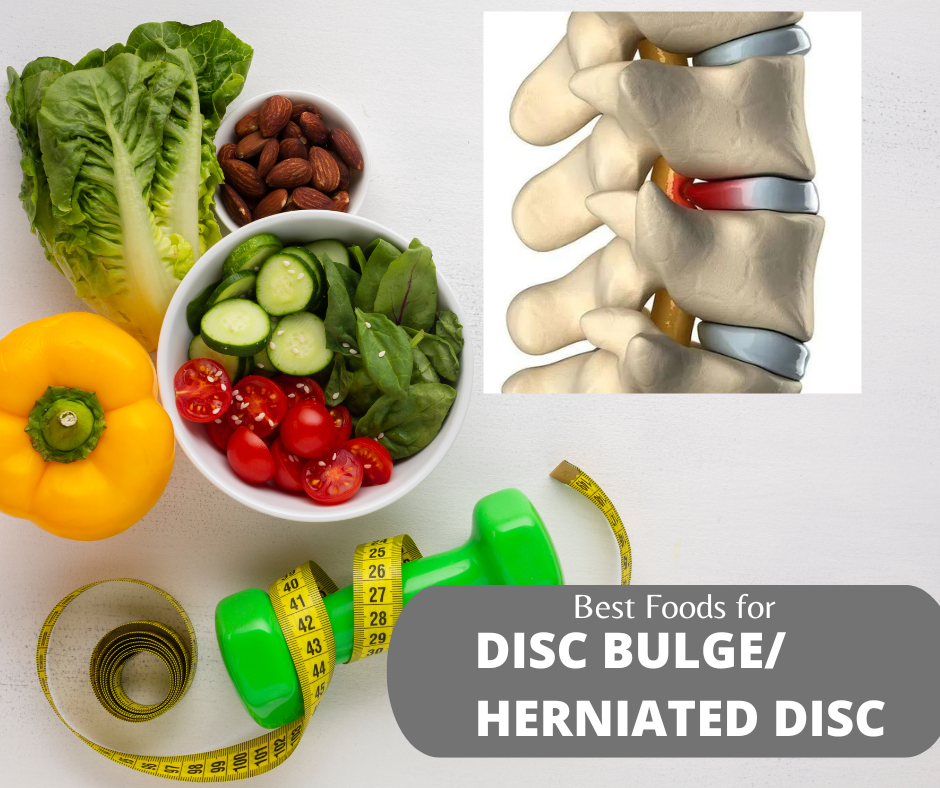-
Back Pain vs Slipped Disc: How to Tell the Difference
Back pain is a widespread health concern, but not all back pain is the same. While general back pain often stems from muscle strain, poor posture, or lifestyle habits whereas a slipped disc involves structural changes in the spine that can compress nerves and cause more intense, radiating pain. Recognizing the differences between these conditions is crucial for early diagnosis, effective treatment, and long-term... -
Cervical Myelopathy: Early Signs, Symptoms, and Management
Cervical Myelopathy: Early Signs, Symptoms, and Management Cervical myelopathy is a condition caused by the compression or damage of the spinal cord in the cervical (neck) region.This compression can result from several factors, including degenerative changes in the spine like cervical spondylosis (age-related wear and tear), disc herniation, or the formation of bone spurs (osteophytes). Other causes can include trauma, tumors, or congenital spinal... -
Best foods for weight loss & Improving Disc Bulge
Maintaining a healthy diet is crucial for weight management and supporting disc health. Here are some foods that can aid in weight loss and promote spinal health based on the information from primary and secondary sources. Calcium - Vitamin D Rich Foods: Calcium and vitamins, these nutrients are essential for bone health, including the vertebrae of the spine and injured bones. Sources of calcium include apricots,...


















